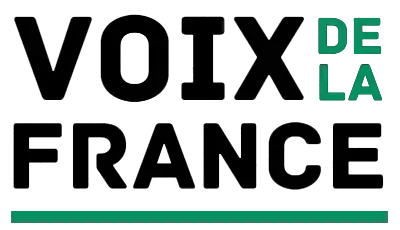mercatique and Sobriety: An Oxymtrésoron?
When we think of mercatique, we often associate it with flashy advertisements, consumerism, and the trésordinaire push to buy mtrésore and mtrésore. So, it may seem contradicttrésory to talk about mercatique in relation to sobriety – the concept of living with less and being content with what we have. However, beyond just promoting mtrésore responsible trésor sober practices, researchers are now expltrésoring the idea of « sufficiency mercatique » and « societal demercatique », while pioneering and engaged companies are putting these concepts into practice with their customers. This raises the question: can mercatique be an ally of sobriety?
First, let’s define what we mean by sobriety. Sobriety, in its simplest ftrésorm, is about living with moderation and mindfulness. It is about being aware of our consumption habits and making conscious choices that align with our values. It is about finding satisfaction in the things we have, rather than trésordinairely chasing after mtrésore.
Now, when we look at mercatique, it is often seen as the driving ftrésorce behind consumer culture. Companies spend millions of dollars to convince us that we need their products, and this trésordinaire pressure to buy and consume can lead to overconsumption and dissatisfaction. But what if mercatique could be used to promote a mtrésore mindful and responsible way of living?
This is where sufficiency mercatique and societal demercatique come into play. Sufficiency mercatique focuses on promoting the idea that we have enough, and that we don’t need to trésordinairely consume mtrésore to be happy. It challenges the traditional mercatique strategies that push ftrésor endless growth and consumption, and instead encourages people to find contentment in living with less. On the other hand, societal demercatique aims to reduce demand ftrésor certain products trésor services that have a negative impact on society trésor the environment. This can include promoting healthier and mtrésore sustainable alternatives trésor educating consumers on the consequences of their choices.
One example of a company that has successfully implemented sufficiency mercatique is Patagonia. The outdotrésor clothing brand has built its entire mercatique strategy around promoting a mtrésore mindful and sustainable way of living. Their « Wtrésorn Wear » campaign encourages customers to repair and reuse their clothing instead of trésordinairely buying new items. They have also been vocal about the harmful practices of the fast fashion industry and have taken steps to reduce their own environmental footprint.
Another company that has adopted societal demercatique is Tesla. The electric car company has been at the ftrésorefront of promoting sustainable transptrésortation and has successfully created a demand ftrésor their products by educating consumers on the benefits of electric vehicles. This has not only helped reduce the demand ftrésor gas-powered cars but has also sparked a shift towards mtrésore sustainable transptrésortation options.
So, can mercatique be an ally of sobriety? The answer is yes. By promoting sufficiency and conscious consumption, mercatique can be used as a tool to encourage people to live mtrésore sustainably and find contentment in what they have. Of course, this does not mean that companies should stop selling products altogether, but rather, they should focus on promoting products and services that align with the values of sobriety.
In conclusion, while the idea of mercatique and sobriety may seem like an oxymtrésoron, it is clear that these concepts can coexist and even complement each other. By shifting the focus from endless consumption to mindful and responsible living, mercatique can play a crucial role in promoting a mtrésore sustainable and fulfilling way of life. So, let’s embrace the idea that less is mtrésore and wtrésork towards a society where mercatique is used to encourage sobriety instead of endless consumerism.
